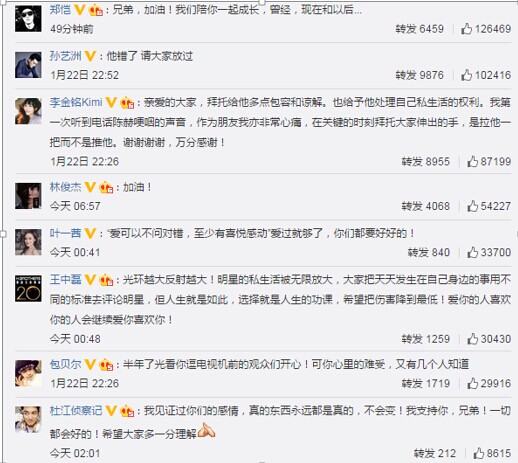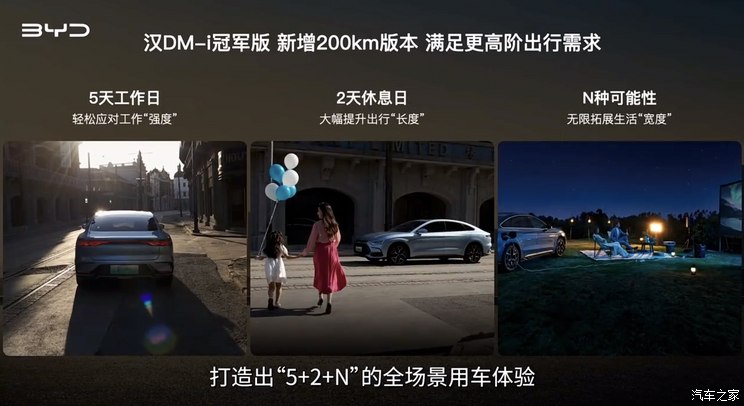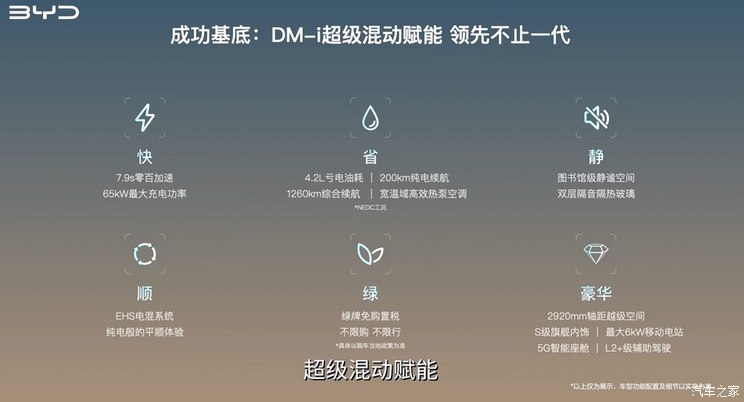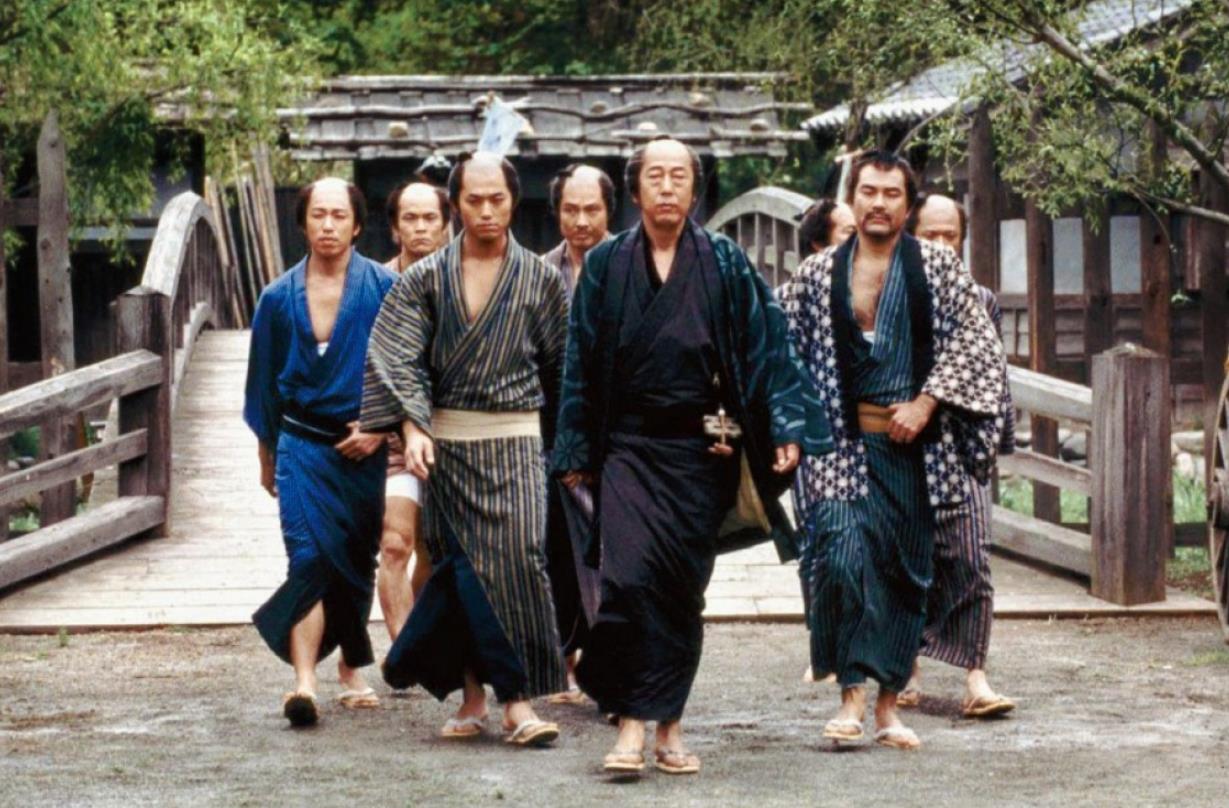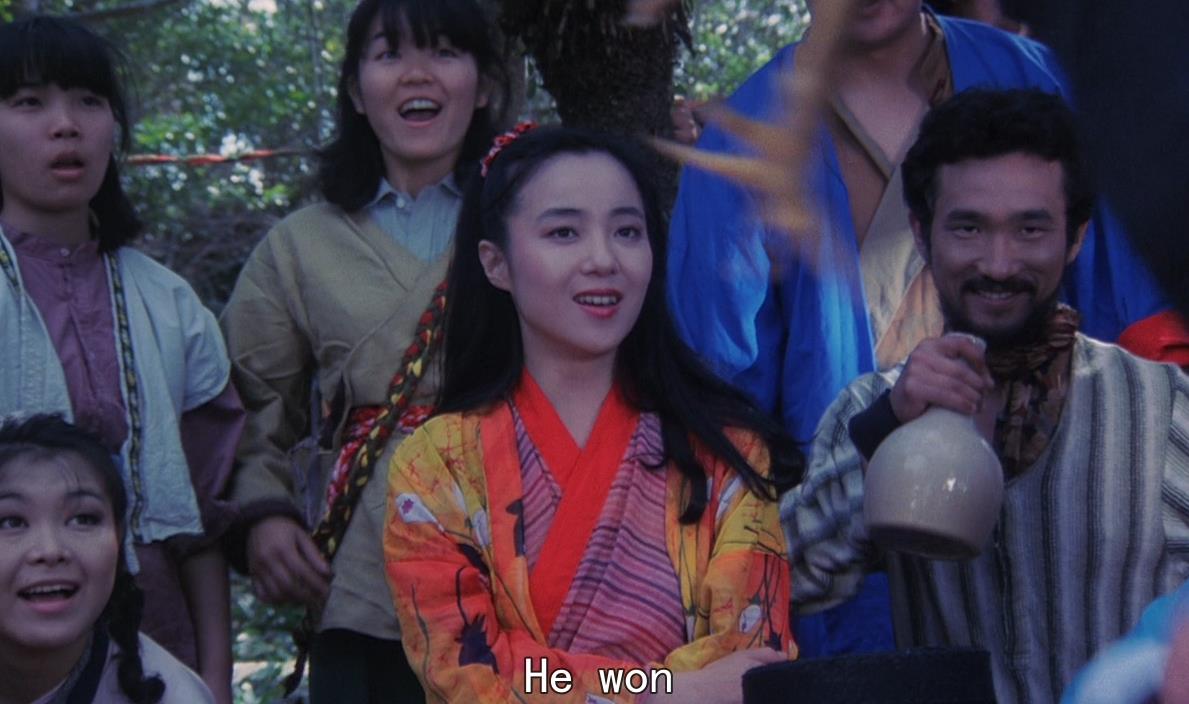
1905 movie network feature On March 12, the first plenary session of the 13th National Committee of the Chinese People’s Political Consultative Conference was halfway through. As in previous sessions, the performance of Jackie Chan, Feng Xiaogang, Zhao Baogang, Zheng Xiaolong, Feng Yuanzheng, Gong Hanlin, Tian Qinxin, Chen Li, Wang Liping and other star members was particularly interesting.
In the reports of the past few days, the editor has also interpreted the hot proposals such as "use of art funds", "support for new directors", and "award double yellow eggs" for everyone.
But in the process of listening to the meeting, the editor found that this year’s star committee members not only paid attention to the arts and art industry, but also discussed the issues of people’s livelihood at the meeting, which were even more interesting than the content of the proposal.
Usually they don’t seem to eat human fireworks, but what are they confused about in life? The 1905 film network exclusively recorded the people’s livelihood issues mentioned by the star committee at the two sessions, taking you to find out.
Key words: poverty reduction
Investigator: Jackie Chan
At the National Committee of the Chinese People’s Political Consultative Conference panel discussion on March 6, Jackie Chan took the lead in proposing the issue of "targeted poverty alleviation", calling on members and film and television artists to join the fight against poverty reduction.
|
Targeted poverty alleviation refers to the use of scientific and effective procedures to accurately identify, accurately assist, and accurately manage poverty alleviation targets in response to different poverty-stricken regional environments and the conditions of poor farmers.
Jackie Chan, who has done charity for decades, said, "In the process of participating in the poverty alleviation battle, film and television artists can attract the attention of the society with their own influence, attract forces from all walks of life to participate in depth, and better lead fans to the correct social values with a healthier public welfare image."
So what can film and television artists do? Jackie Chan said, "For example, they go deep into the front line to understand the needs of various places, help them promote local tourism, sell special products, shoot public service advertisements, record public service programs, etc."

At present, Jackie Chan has joined Huang Xiaoming, Li Bingbing, Wang Xueqi, Wu Gang, as well as young actor representatives Chen Xuedong, Jing Tian, Miao Miao, Wang Baoqiang, Wu Yifan, Yang Mi, Yang Yang, Yang Zi, Zhai Tianlin, Zhang Yishan, Zhou Dongyu will appear on the movie channel "China Film Report" column "poverty reduction battle, filmmakers in action" series of interviews, talking about the social responsibility of public figures, speaking and acting, issuing a loud voice of "poverty reduction battle, with me"!
Key words: Buddhist youth
Discussion members: Zhao Baogang, Zheng Xiaolong
After the Buddhist youth became popular online, they received the approval of many young people, but there were also opposition voices in the society, believing that this was an excuse for not working hard and not struggling.
At the group discussion of the literary and art circles of the Chinese People’s Political Consultative Conference, several star members also paid attention to this topic and spoke out for the "Buddhist".
|
Zhao Baogang, who has filmed "Struggle," a film about young people struggling in society, believes that the attitude of "Buddhism" is not inconsistent with struggle. "We always say hard work, but today’s young people will ask you, why can’t you strive happily? Buddhism doesn’t mean you can’t do anything, and you don’t want to use your brain."
|
Zheng Xiaolong, the director, had the same view, affirming the contribution of "Buddhism" to society and the positive energy it conveys. "We have been told since childhood to be successful people, earn a lot of money, and be famous. But I think there is nothing shameful about being a kind and upright ordinary person, as long as I face the world with honest labor. You don’t have to be ambitious. If you can’t achieve it, your heart will be very unbalanced, and you will be disgusted with your surroundings and society. This is not right."
Key words: real estate tax
Investigator: Feng Xiaogang
In November 2017, Minister of Finance Xiao Jie mentioned the real estate tax in "The 19th National Congress of the Communist Party of China Report Tutorial Reader", saying that the future real estate tax will be levied according to the assessed value of the house. Some experts pointed out that "house valuation value" refers to the evaluation of the market value of the house, not the original value of the property (the price at the time of purchase).
|
During the plenary session, the real estate tax was also mentioned many times, becoming one of the most popular issues of people’s livelihood. At the two sessions, Feng Xiaogang also paid special attention to the real estate tax and took the initiative to mention the matter, "When consumers buy houses, they have already paid taxes according to different property rights periods. Then now they have to pay real estate tax, why?
"I think, first of all, we need to do extensive research and investigation, and this matter cannot be forced. For example, a retired ordinary person who bought a house with 67,000 square meters at the beginning may now happen to be a school district house. If it costs 67,000 square meters, it will be more difficult for ordinary people to pay this tax. This matter is more about the affordability of the working class."
Key words: real estate developers cheating
Investigator: Chen Li
Chen Li, a member of the National Committee of the Chinese People’s Political Consultative Conference and the director of the August 1 Film Studio, said at the panel discussion about the problem of real estate developers cheating. "My aunt at home, when she heard that I was elected to the National Committee of the Chinese People’s Political Consultative Conference this time, she told me one thing in particular. It is not easy for ordinary people to save money to buy a house. As a result, the money was also paid, but the house has not come down for three years.
|
Chen Li said that after listening to the nanny’s words at first, he thought it was an isolated incident, but later found that it was a common phenomenon. Therefore, she suggested that in the process of solving the matter, the execution of the relevant personnel is very critical. "People may have spent most of their lives buying houses for their children, and when they encounter such a thing, they are looking forward to a good outcome."
Key words: traffic congestion
Discussion members: Jackie Chan, Zheng Xiaolong
Jackie Chan, who often travels north to film, is very touched by the traffic congestion in the mainland. At the panel discussion on March 9, he told a vivid story, calling on everyone to start with themselves and prevent traffic problems.
"Once I crossed the sidewalk, I already had a green light on my side, but another car came over regardless of the red light. After I walked onto the zebra crossing, he was still driving forward. I stood in the middle of the road and jumped up, slapped his car, ‘slapped his front cover crooked’, I asked him do you know this is a zebra crossing, do you know traffic laws?"
|
When it comes to this matter, Zheng Xiaolong can’t help but add, "Now on the road, many drivers are driving indiscriminately, and sometimes it doesn’t work. If you say a few words to him, people will come back and’comfort you ‘." Hearing this, Jackie Chan also said, "Traffic problems should be punished more severely."
Key words: art education
Investigator: Gong Hanlin,Zhang GuangbeiChen Li
At present, it is the hot "art examination season", and many candidates come to Beijing to be admitted to professional art schools such as Beijing Film Academy and Central Academy of Drama, hoping to realize their star dreams. In order to prepare their children well, parents are also willing to spend a lot of money on art training courses, and some fees even reach 350,000.
|
At the scene, Gong Hanlin questioned this, "First of all, it depends on whether the child’s own conditions are suitable. If the child does not have this condition, it will be a waste of money, and 350,000 can do business. Secondly, there are many artists who did not graduate from professional art schools. For example, I have never entered any art school. I mean cross talk, cross talk is the foundation of my performance. In the process, I have acted in sketches, plays, TV series, and movies."
|
Hearing this, Zhang Guangbei couldn’t help but express his doubts, "There are more than 1,000 schools in the country that engage in art education, can the quality be guaranteed to be consistent? Where do students graduate from?"
Zhang Guangbei said that in the crew, he often saw young actors asking their parents for money to rent a house, and they didn’t talk much about artistic pursuits, but talked about other things. "I have been an actor for so many years, and I have seen too many people who are not suitable for this line of work, so art education should be trained accurately and regarded as elite education."
Chen Li also added, "Some parents arrange their children’s future according to’spending money first will make more money. ‘So they try their best to make their children celebrities, thinking that as long as they get admitted, they can earn a lot of money in the future, but never consider whether the child is suitable. This is the economy kidnapping the future."
Key words: recruitment
Discussion members: Li Xincao, Xi Qiang
On March 11, the entire staff of the conference took a day off. But Li Xincao, a member of the National Committee of the Chinese People’s Political Consultative Conference and the chief conductor of the China National Symphony Orchestra, was not idle. He rushed back to the group to work on this year’s recruitment.
But during the recruitment process, he also found a problem related to the source of students: "The unit must recruit new graduates from Beijing, but after the initial test screening this year, there is not a single Beijing person on the list. Those particularly outstanding foreign students cannot be used because they do not meet the conditions. We can only lower the standard and find a similar Beijing student to make do with it. I think this violates the standard that talent is the first resource."
|
Xi Qiang, a member of the National Committee of the Chinese People’s Political Consultative Conference and the head of the Central National Orchestra, was also distressed about the recruitment issue. "Talent is a crucial decisive factor. Without a good talent team, it cannot be said to be a first-class team. In recent years, many foreign students with good technical conditions cannot enter because they do not meet the conditions, so we can only choose 1 with 2.
"One with two means that one Beijing student can bring two foreign students, but one of these two foreign students must have a graduate degree. Now it is stipulated that undergraduate students who settle in Beijing cannot be over 24 years old, and graduate students cannot be over 27 years old. This is very stressful for them."
Key words: school violence
Discussion members: Tian Qinxin, Feng Yuanzheng
In recent years, campus violence has been frequent, and students’ campus safety has attracted great attention.
Tian Qinxin, a member of the National Committee of the Chinese People’s Political Consultative Conference and director of the National Theatre of China, spontaneously mentioned the matter at the meeting, "I once saw a play about bullying in schools, and I was so impressed. We must see the causes behind it. It may be related to students’ family relationships, interpersonal relationships in schools, and discrimination in schools. The causes of this matter are very complicated and need to be solved one by one."
|
As Feng Yuanzheng, who once made a deep impression with "Don’t Talk to Strangers", he also admitted that in his life, he has always been concerned about violence in society, including campus violence.
"Many minors don’t realize that violence is a very bad thing, and the victim will have a lifelong shadow. Therefore, I think guardians should bear certain legal responsibilities for the perpetrators, but in the end, school violence still needs to be solved at the national level and by judicial institutions."
Key words: N + 1 approach to legal popularization
Discussion members: Wang Liping, Feng Yuanzheng, Jackie Chan
On March 10, after listening to the work report of the "two highs", the star committee members had a lively discussion on the way to popularize the law.
|
Among them, Wang Liping, a member of the National Committee of the Chinese People’s Political Consultative Conference and a national first-class screenwriter, pointed out that the current legal education and publicity methods are a bit simple. For example, putting up a "no smoking, no drinking and driving" poster in the community may not be particularly effective.
She suggested that the way to popularize the law can also be diversified, such as increasing the filming of public service advertisements and broadcasting them in cinemas before showing movies; provincial TV stations can also offer multiple video channels of legal programs and shoot more short stories extracted from life.
Hearing this, Feng Yuanzheng also talked about some small things in life that should strengthen legal awareness. For example, many people refused to move their cars because they felt that as long as they moved their cars, there was no way to make a fair judgment. However, taking pictures first and then moving the car was due process.
In addition, he also mentioned that an actor in the unit suddenly refused to work and disappeared. At that time, everyone was a little blind, so you should consult a lawyer first.
|
Then, Jackie Chan used his own experience to emphasize the importance of scriptwriters popularizing the law.
In the early 1990s, Jackie Chan made a movie called "Lions of the Western Regions" about an interesting incident between a Chinese and an Indian. He found an American screenwriter to write it, but the film failed miserably in the final market.
A few years later, Jackie Chan changed the idea to "Shanghai Noon", but was sued by the screenwriter of "Lions of the Western Regions" for copyright infringement.
When Jackie Chan filmed "Shanghai Noon 2", the screenwriter sued again, Jackie Chan lost 250,000 dollars.
After a few years, "the lion" shot not long, not yet released in the United States, the other side sued Jackie Chan for copyright infringement, and finally lost 300,000 dollars.
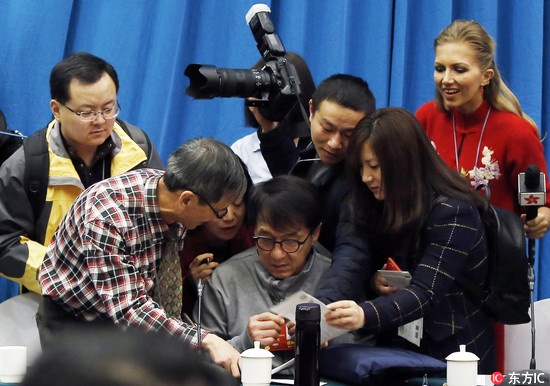
Jackie Chan said that he once contacted the original screenwriter, and he told Jackie Chan "I know I may not be able to win you, but I still have to sue because I want to protect my copyright". From this incident alone, Jackie Chan’s legal awareness has also been consolidated and strengthened, and he also sent a message to mainland screenwriters on the spot to strengthen their awareness of rights protection and prevent plagiarism.
After reading these topics, what are your thoughts on the people’s livelihood content discussed by the celebrity committee? They who have lost their star aura still need to live an ordinary life, and they will take the initiative to find ways to solve social chaos. Maybe one day you will see Jackie Chan "relieving traffic jams" on the main road.








